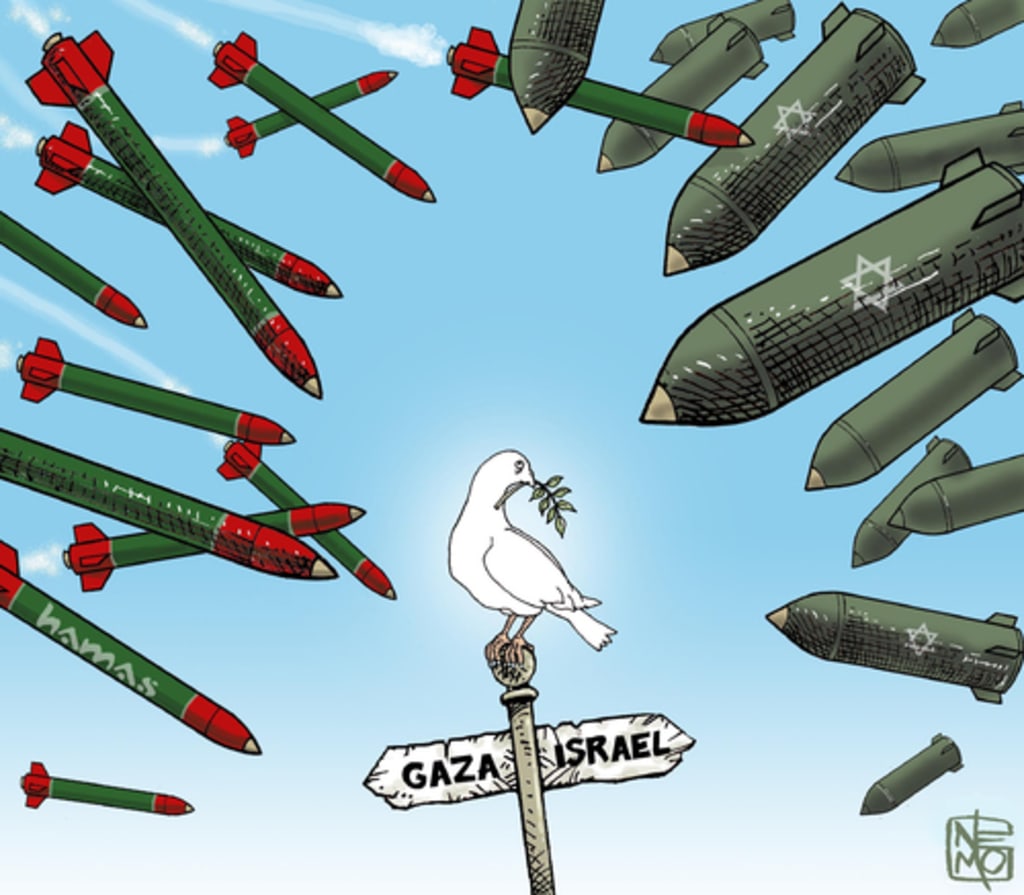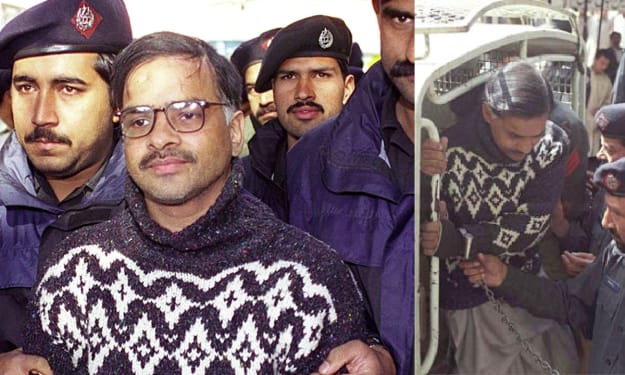Echoes of Conflict: The Israeli-Gaza Crisis Deepens
Closer Look at the Recent Escalation and Its Impact

In the latest chapter of a long-standing and complex conflict, the Israeli-Gaza crisis has escalated with recent Israeli airstrikes targeting three hospitals and a school in Gaza. This military action, resulting in the tragic loss of at least 22 lives, marks a significant and worrying development in the region's ongoing tensions.
Historical Context
The Israeli-Gaza conflict has deep historical roots, stemming from decades of political, territorial, and cultural disputes. The region of Gaza, controlled by Hamas since 2007, has been a focal point of conflict, with Israel enforcing a blockade that has significant humanitarian implications for Gaza's population. These recent airstrikes are not isolated incidents but part of a larger narrative of recurring violence and instability.
The Immediate Trigger
The immediate cause of this latest escalation is complex and multifaceted. It involves a mix of retaliatory actions, political maneuvers, and deep-seated grievances. Israeli officials often cite the need to respond to threats from Hamas, including rocket fire into Israeli territory, as a justification for their military actions. Conversely, Palestinians in Gaza view these strikes as part of a continuing oppression and aggression against them.
The Humanitarian Crisis
The impact of these airstrikes on civilian infrastructure – particularly hospitals and schools – highlights the severe humanitarian crisis in Gaza. The destruction of essential facilities exacerbates the already dire conditions faced by Gaza’s residents, including shortages of medical supplies, electricity, and clean water. The loss of lives, especially among non-combatants, adds to the tragedy and further deepens the chasm between the two sides.
International Reaction
The international community's response to these events has been mixed. While some nations and organizations have condemned the airstrikes, others have emphasized Israel's right to defend itself. This polarized reaction reflects the broader global divide over the Israeli-Palestinian conflict, with various countries and groups aligning themselves with either side based on political, religious, or strategic interests.
Efforts at De-escalation
Attempts to de-escalate tensions in the region have been ongoing, involving mediators from the United Nations, Egypt, and other entities. These efforts aim to broker ceasefires and open dialogue between the conflicting parties. However, the deep-rooted nature of the conflict and the lack of trust on both sides make these efforts challenging and often temporary in their effectiveness.
Impact on Civilians
The most profound impact of this conflict is on the civilians caught in the crossfire. In Gaza, people live under constant uncertainty and fear, with limited access to basic necessities and freedom of movement. In Israel, citizens face the anxiety of rocket attacks and the broader implications of living in a state of perpetual conflict.
The Role of Media and Public Opinion
Media coverage and public opinion play significant roles in shaping perceptions of the conflict. The narrative presented in different parts of the world often reflects the political and cultural biases of those regions. Social media has also become a battleground for propaganda and misinformation, complicating efforts to understand the reality on the ground.
Looking Ahead
The future of the Israeli-Gaza conflict remains uncertain. The cycle of violence, retaliation, and temporary ceasefires appears entrenched, with little sign of a long-term solution. The key to progress lies in addressing the root causes of the conflict, including issues of sovereignty, security, and mutual recognition. It also requires the willingness of both sides to compromise and engage in genuine dialogue, a task made more difficult by the deep scars of years of conflict.
Conclusion
The recent Israeli airstrikes in Gaza are a stark reminder of the fragility of peace in the region. They underscore the need for a renewed focus on diplomacy, humanitarian aid, and a commitment to addressing the underlying issues fueling this enduring conflict. As the world watches, the hope for a lasting resolution hangs in the balance, with the lives of millions at stake in this complex and heart-wrenching saga.
About the Creator
NS
I am a Passionate writer and avid researcher, I am blending extensive reading into creative narratives, enlightening and captivating with each carefully crafted word.
Enjoyed the story? Support the Creator.
Subscribe for free to receive all their stories in your feed. You could also pledge your support or give them a one-off tip, letting them know you appreciate their work.






Comments
There are no comments for this story
Be the first to respond and start the conversation.